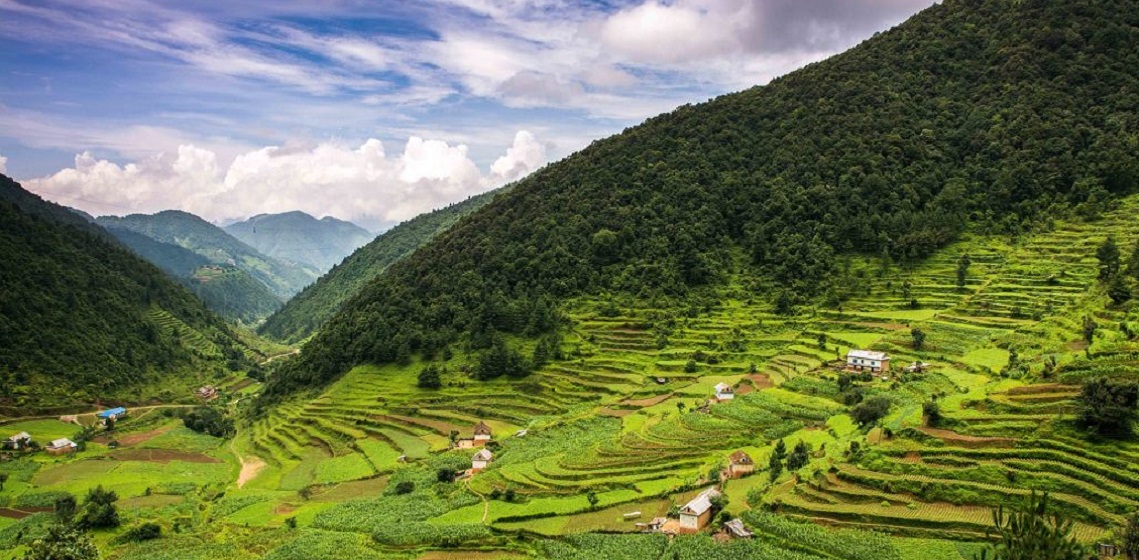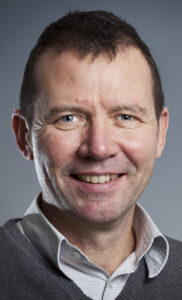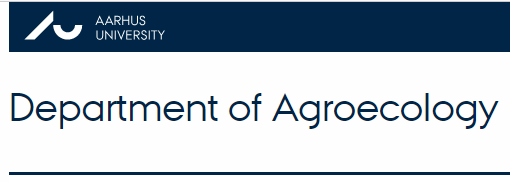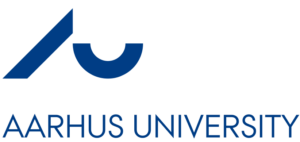Advisors have been replaced by consultants. Broader projects have partially been replaced by narrower ones with singular purposes. This has had both positive and negative impact on the development research that takes place, says a Danish veteran.
Once upon a time, in Nepal in the early 2000s, there was a Danish community of aid professionals, project advisors, NGO volunteers, and UN employees.
”At one point, we were eighteen Danish advisors in the country,” Torsten Rødel Berg remembers. At the time, he was already an experienced advisor, having worked in irrigation and rural energy projects in the Mid-Western hills outside the capital, Kathmandu. Now, a quarter of a century later, he is back in Denmark as senior research coordinator at the Department of Agroecology at Aarhus University.
”In today’s world, personally, I miss the long-term opportunity we had then to follow development processes in the same area for fifteen years. It was fabulous to look back and see that important changes had actually happened, partly as a result of our work. We stayed for a long time, and we did our job thoroughly.
Of course, many mistakes were also made, but much development was created, and much new understanding and knowledge was achieved. We shouldn’t forget that.”
Torsten Rødel Berg graduated with a bachelor’s degree in Development Studies from the University of East Anglia in Britain in 1987, and got his master’s degree from Roskilde University (RUC). In the following two decades, he and his family lived in different Asian countries, where he was working as an advisor at a series of aid projects. His expertise lies within rural development, natural resources, and agriculture.
”In Nepal, we assisted in the rehabilitation of small-scale community-based irrigation systems. I was the ‘expert’ on the socio-economic part, and we did not only focus on irrigation in the technical sense. We used the whole palette. It sounds almost anachronistic nowadays, but we organized mothers’ groups in order to better handle the social changes that happened; we established credit groups; we had volunteers from Danish Action Aid (Mellemfolkeligt Samvirke, ed.) who contributed with what they were clever at; we had UN volunteers who contributed with agronomic expertise. Altogether, it was an effort which was indeed very holistic and long term.”
It all happened in the 1990s when Nepal became gradually more democratic and civil society groups began to play a major role in society. ”Suddenly, there was a democratic space for change, and the effort we were part of actually achieved results to a remarkable degree.”
After returning to Denmark early in the new century, Torsten Rødel Berg wrote his PhD thesis on hill irrigation in Nepal. ”Part of my research was to identify the impact of the project as a whole. I had baseline data from the beginning – and collected data again fifteen years later. I was able to compare, over time, the indicators for productivity, land use change, water management and migration.”
Torsten Rødel Berg nowadays coordinates development research projects in the Global South at the Department of Agroecology at Aarhus University and looks at the development projects in front of him with a researcher’s eyes. He suggests that achieving and tracing the effects of interventions is more difficult under today’s conditions.
”There are fewer advisors, the time frames appear shorter and the efforts less intensive. Advisers disappeared, not so much because of bad results, but rather because of a shifting focus towards programmes and budget support. However, the advisors – some came from the North, others were local – were involved for several years and were the true anchors at the projects, some of which were actually quite big. Now, these on-the-ground people tend to be replaced by consultants, and sometimes researchers, who come and go. The success of this approach depends on the context of the country.”
Networks in Ghana
The Department of Agroecology, at Foulum outside Viborg, has established itself in recent years as a very active center for development research in the Global South, in recent years especially so in Ghana. Over the years, the network has benefited from funding for many projects from FFU (the Danida research fund) and from multilateral sources. Torsten Rødel Berg has been involved in several of these applications and projects.
”Some projects are genuinely ’South-driven’,” he explains. ”Our recent Danida-funded cocoa project together with the Kwame Nkrumah University in Ghana is based on an idea from the local researchers – to have more resilient cocoa production, specifically by understanding the function of shade trees – and our colleagues in Ghana, very skilled and dedicated people, really have taken ownership of the whole process.
They arrived in Denmark very well prepared, and we sat down for three weeks to write the application together. It ended up as a very successful project. But for many projects, still, the major initiative comes in reality from the North, as our researchers have better conditions for attracting funding, including institutional capacity to create combined incentive and administrative systems.”
Torsten Rødel Berg underlines that the research capacity in the South, as in Ghana, has been strengthened in recent years. Such strengthening has been the goal of Danida’s so-called BSU-programs, Building Stronger Universities, in which the department also participates (together with Copenhagen University, and the private companies Access2Innovation and Gregart Consult). Through participation in the program, Global South universities have strengthened their research administration and capacity for applying for funding from the North.
By building projects on top of other projects, researchers at the Department of Agroecology in Aarhus have been ”able to contribute to some strong networks in Ghana,” as Torsten Rødel Berg puts it; including long-term, thematically coherent projects with focus on climate change adaptation in the crop cultivation and irrigation areas.
This coherence has helped offset the tendency towards the short-term time frames that is frequently seen in development projects. Hopefully, according to him, it will also help in gauging the effects of collaboration through the patterns of change that will emerge over time.








